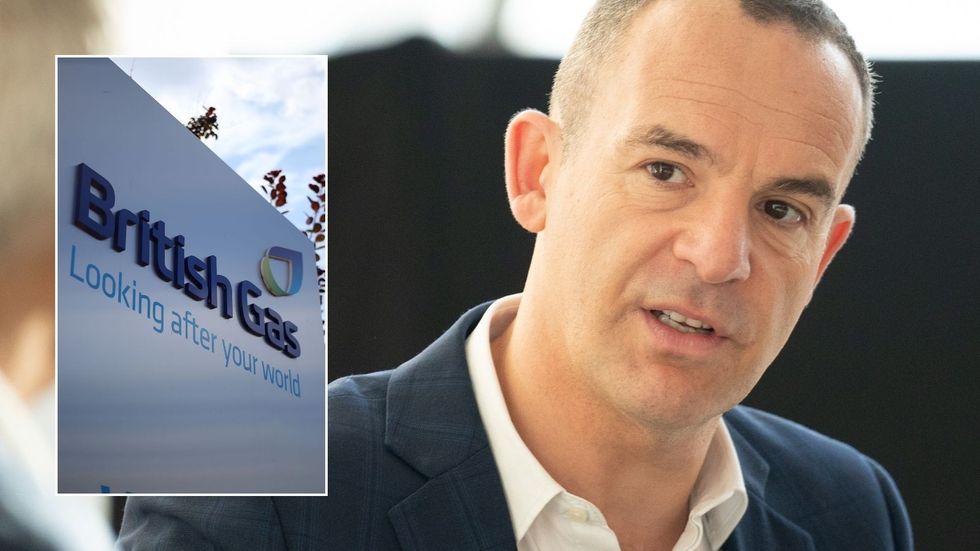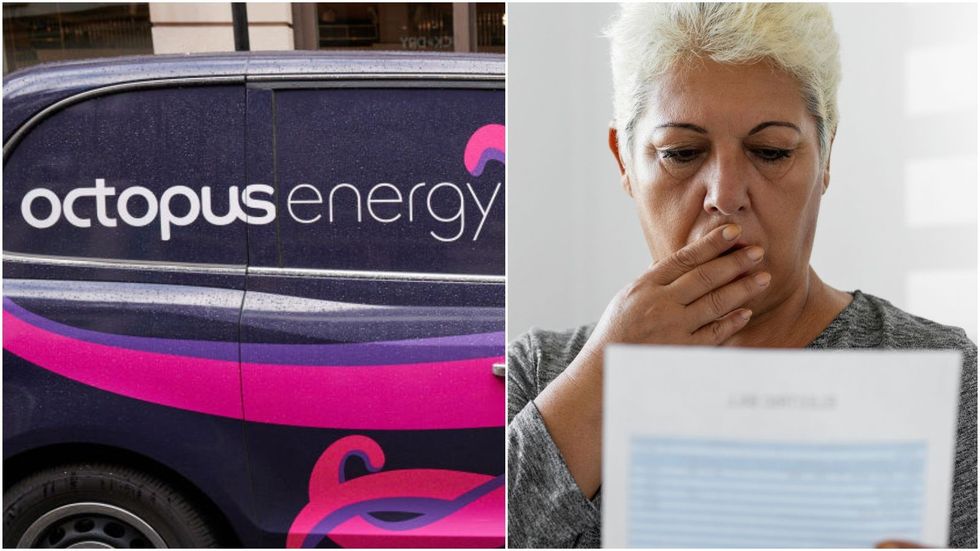Martin Lewis unveils how British Gas, EDF, OVO and Octopus customers could save £338 a year on energy bills
Money Saving Expert Martin Lewis has welcomed Ofgem’s announcement that energy suppliers will be required to offer tariffs with little or no standing charges, a move that could save households up to £338 annually.
Ofgem, the industry regulator, is set to implement changes next year that will give British Gas, EDF, OVO and Octopus Energy customers the choice between different pricing structures for their energy bills.
Lewis, speaking on Good Morning Britain, said: “This isn’t the perfect solution that I would have liked to happen, but I think it’s the best solution that Ofgem can do unilaterally without Government intervention.”
“The changes will affect customers of all major energy providers, including British Gas, E.On, EDF, OVO and Octopus. Households pay standing charges averaging £338 per year, regardless of their energy consumption. Lewis has long criticised standing charges as a “moral hazard” that unfairly penalises low energy users.
“Standing charges are a £338 a year poll tax on energy bills, a moral hazard disincentivising lower users from cutting their bills,” he explained. The financial expert highlighted how the current system particularly affects elderly customers who only use gas heating in winter.
Do you have a money story you’d like to share? Get in touch by emailing money@gbnews.uk.

“It’s terrible for people who only use their gas central heating in the winter, which is many elderly people because it means they’re paying all the way through the summer for gas central heating they’re paying every day, even though they don’t use it,” Lewis said.
He added that the system is especially problematic for prepayment customers, as “when they’ve got no money and they’re not using any energy, the meter’s still ticking.”
Under the new system, Ofgem will introduce two distinct price cap options for customers. One option will maintain the current model of higher standing charges with lower unit rates.
The alternative will feature no standing charges but higher unit rates for each unit of gas and electricity used.

Tim Jarvis, director general of markets at Ofgem said: “Many people feel very strongly that standing charges are unfair. We want to give consumers the ability to make the choice that’s right for them without putting any one group of consumers at a disadvantage.”
Lewis explained that this dual approach aims to protect vulnerable high-energy users, such as those with medical equipment. “If you’ve got an electric wheelchair for your child or a dialysis machine or something, that means you have very high energy usage,” he said.
The changes are expected to take effect by the end of next year. Lewis has expressed concerns about how customers will navigate these new options. “The problem with presenting a choice of Price Caps is many vulnerable people won’t make that choice,” he warned.
The Money Saving Expert has confirmed that he will lobby Ofgem to ensure energy firms automatically place customers on the most beneficial tariff to bring costs down.
“I will be making representation to Ofgem to ensure firms are mandated to default lower-use Price Cap customers on to the no standing charge tariff,” Lewis explained.
He emphasised that, at minimum, customers on the Priority Services Register should be automatically defaulted to the most cost-effective option. The changes represent a significant shift in energy pricing, though Lewis maintains that more comprehensive reform would require government intervention.
LATEST DEVELOPMENTS:
- Winter Fuel Payment crisis: Pensioners lose £300 support as most DWP claims rejected
- Winter Fuel Payment cut slammed as Britons struggle with ‘complicated’ Pension Credit rules
- Water bills set to surge by 20% as Steve Reed warns ‘rationing’ could be imposed

Energy debt skyrocketed to £3.82billion in September which represents a 91 per cent increase over a period two years. National Debtline reports that energy debt is now the second most common type of debt they handle, behind only credit cards.
As such, the amount owed in energy arrears by the average Briton has gone by 37 per cent in the past year to £1,541. To mitigate this, Ofgem is proposing new standards requiring suppliers to provide consistent support for consumers.
Furthermore, the regulator is putting forward a a debt guarantee scheme will be set up to to improve service standards for indebted customers who are struggling with costs.
Under such a scheme, energy suppliers would be required to accept debt repayment offers from reputable third parties, including organisations such as debt advice agencies.

